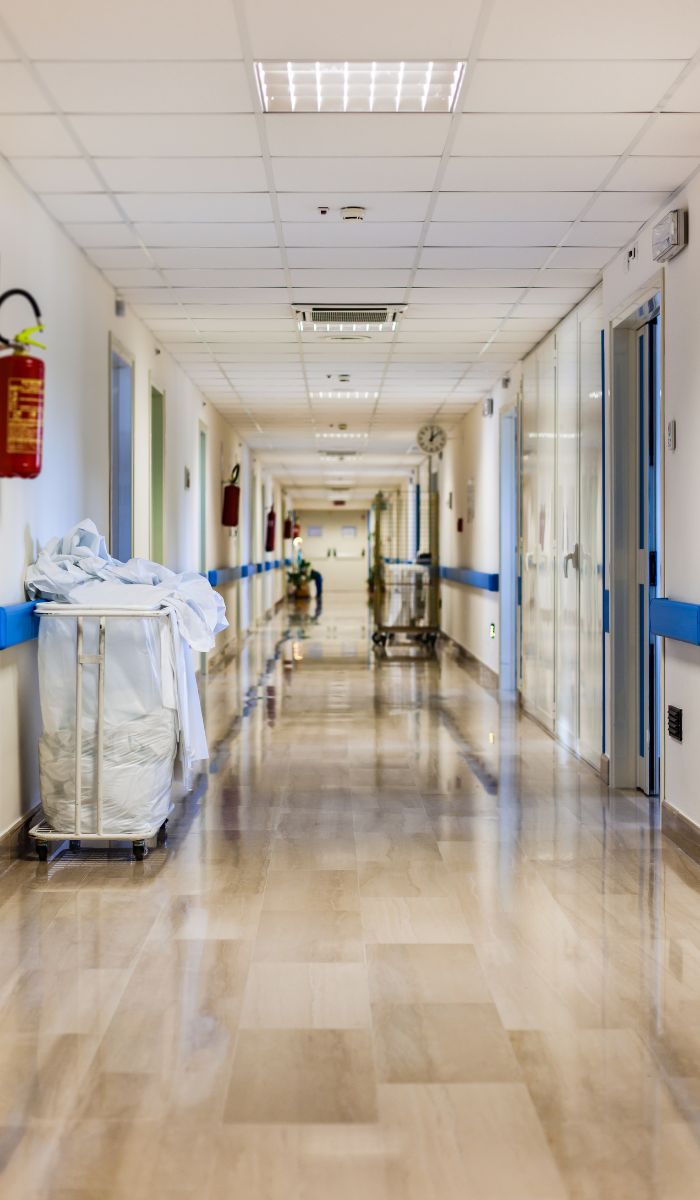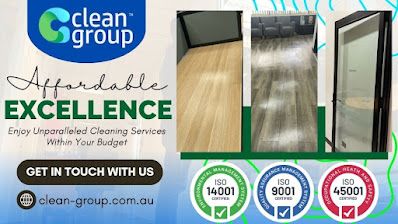
Skin Conditions from Cleaning Work
Scheduling Night-Time Cleaning for Office Buildings
In addition to cleaning methods, the industry employs a range of professionals who specialize in various cleaning tasks. Cleaners, housekeepers, janitors, and property caretakers are all examples of individuals whose primary role involves cleaning. Dental hygienists are responsible for cleaning teeth and ensuring oral health, while maids and other domestic workers focus on maintaining cleanliness in homes. Property managers may oversee cleaning tasks within rental properties, ensuring they meet cleanliness standards. At Clean Group, we offer Office Cleaning Sydney CBD tailored to meet the unique needs of every business. Whether you manage a small startup or a large corporate space, our Professional Office Cleaners in Sydney deliver consistent, high-quality cleaning solutions at competitive prices. With years of industry experience, our team is equipped with cutting-edge cleaning technologies and eco-friendly products to ensure your office is spotless, hygienic, and welcoming. From routine cleaning to deep disinfection and everything in between, we take pride in being one of the most trusted names in office cleaning services in Sydney. Comprehensive Office Cleaning Tailored for Your Business Clean Group provides all-inclusive office cleaning solutions, which include: Supply and replacement of bin liners and toilet rolls Thorough cleaning of office furniture, desks, and common areas Advanced carpet cleaning and floor care Deep cleaning and COVID-19 disinfection services Washroom sanitisation and office toiletries management Our services are designed to accommodate the specific needs of your workspace, with flexible scheduling options such as daily, weekly, or fortnightly cleaning routines.. Specialized roles, such as fluffer, are also found in niche areas like cleaning tracks in the London Underground.
As businesses increasingly focus on maintaining high standards of cleanliness, the commercial cleaning industry must continue to adapt to changing needs and customer demands. One of the most significant trends in recent years is the rise of "disinfection cleaning." With the ongoing global health concerns, including the COVID-19 pandemic, businesses are now placing greater emphasis on sanitizing and disinfecting their premises to prevent the spread of germs and viruses. This has led to a surge in demand for cleaning companies that specialize in deep disinfection services, using advanced products and techniques such as electrostatic spraying, ultraviolet (UV) light cleaning, and fogging systems. These advanced methods provide a higher level of sanitation, ensuring that even hard-to-reach areas are properly disinfected. As businesses and facilities continue to prioritize health and safety, these disinfection services are expected to remain a staple offering in the commercial cleaning industry for the foreseeable future.


